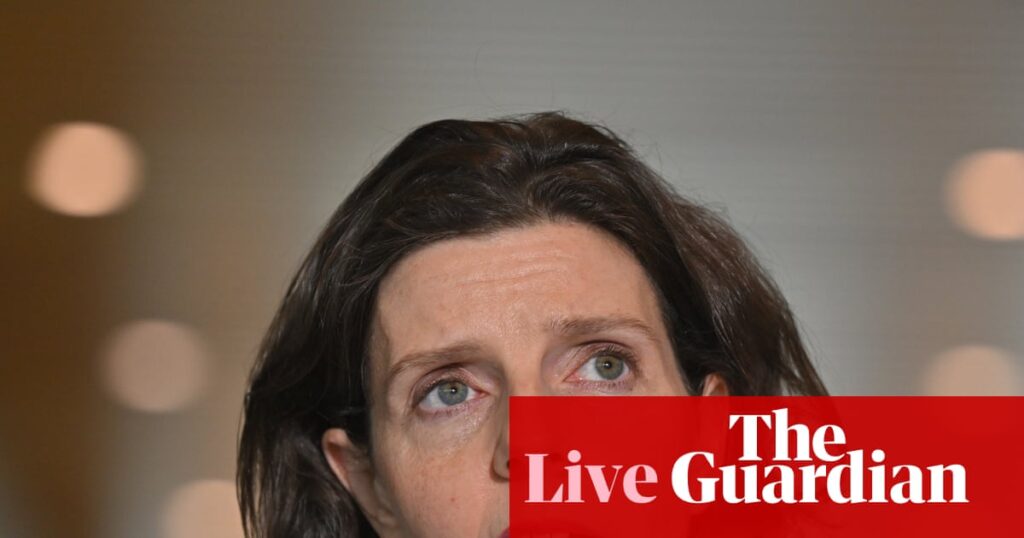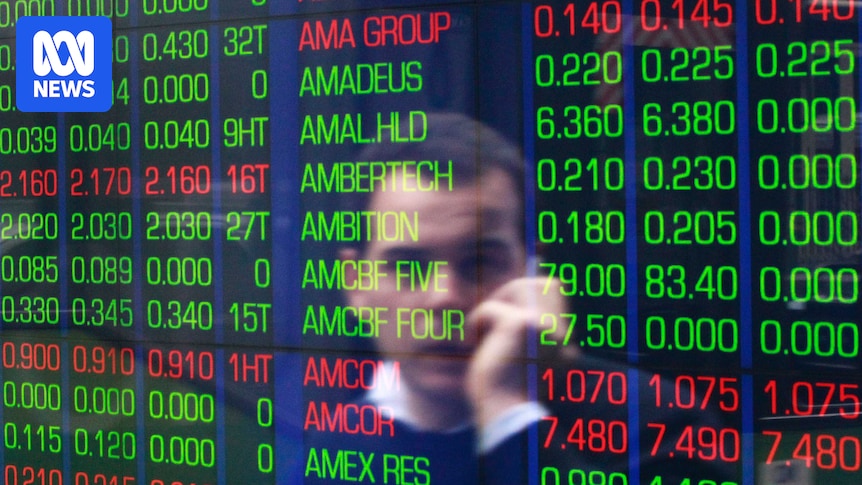
Australia’s political landscape is witnessing a significant shift as the Coalition re-evaluates its stance on climate policy, sparking debate over the potential economic and environmental impacts. The move to reconsider net zero targets has drawn criticism from various quarters, including independent MP Allegra Spender, who expressed skepticism over the Coalition’s ability to lower energy bills by abandoning net zero commitments.
Spender, representing the electorate of Wentworth, voiced her concerns on ABC, suggesting that the Coalition’s policy is heavily influenced by the Nationals, a partner in the Coalition. She highlighted the internal dynamics, noting Barnaby Joyce’s influence and the potential alignment with One Nation’s policies, raising questions about the Coalition’s future electoral prospects.
Political Fractures and Environmental Policy
The debate over climate policy is not just an environmental issue but a reflection of deeper political fractures within Australia’s major parties. Foreign Affairs Minister Penny Wong criticized the Liberal Party for being “overrun by the fringes,” suggesting that their current trajectory could lead to higher energy prices. Wong’s remarks underscore the broader political struggle as parties grapple with balancing economic growth and environmental responsibility.
Wong’s critique comes at a time when Labor is positioning itself as more attuned to public concerns over energy prices. She emphasized Labor’s commitment to increasing energy supply to stabilize prices, contrasting it with what she described as the Coalition’s “confused, divided approach.”
Expert Opinions and Economic Implications
Experts warn that abandoning net zero targets could have long-term economic repercussions. According to climate economist Dr. Sarah Johnson, “Moving away from net zero could undermine investor confidence in renewable energy projects, potentially leading to higher energy costs in the long run.” This sentiment is echoed by environmental advocacy groups who argue that a clear, consistent policy is crucial for sustainable economic growth.
“Moving away from net zero could undermine investor confidence in renewable energy projects, potentially leading to higher energy costs in the long run.” – Dr. Sarah Johnson, Climate Economist
Media Bargaining and Big Tech
In a parallel development, the Australian government is advancing measures to ensure that social media giants like Meta, Google, and TikTok pay for news content sourced from Australian publishers. Assistant Treasurer Daniel Mulino is spearheading this initiative, which aims to level the playing field between traditional media and digital platforms.
The proposed news media bargaining incentive targets large platforms with significant Australian-derived revenue. Mulino’s consultations with media stakeholders and digital platforms indicate a willingness to engage constructively, although the Trump administration has expressed concerns over potential impacts on American-based companies.
Impacts on the Media Landscape
The introduction of these measures is seen as a critical step in supporting Australia’s media industry, which has faced significant challenges in the digital age. By ensuring fair compensation for content, the government hopes to sustain journalism’s role in a healthy democracy.
“Our expectation is that Meta, Google, and TikTok would fall within that.” – Daniel Mulino, Assistant Treasurer
Weather Extremes and Safety Concerns
While political and economic debates continue, Australia is also grappling with extreme weather conditions. New South Wales is experiencing a dual threat of storms in the east and extreme fire danger in the west. A total fire ban has been issued for several regions, including Forbes and Dubbo, due to warm, dry conditions and gusty winds.
In a separate incident, a speedway car crash at the Walcha Motorcycle Rally resulted in injuries to 13 spectators, highlighting ongoing safety concerns at public events. Emergency services responded swiftly, with two individuals in critical condition airlifted to a hospital in Newcastle.
Community and Safety Measures
The incidents underscore the need for stringent safety measures at public gatherings, particularly in rural areas where emergency response resources may be limited. Authorities are investigating the crash to prevent future occurrences.
“Two are in a critical condition – a man in his 50s suffered spinal and hip injuries and a man in his 30s had a head injury.” – NSW Ambulance Spokesperson
Future Outlook and Political Dynamics
As Australia navigates these complex issues, the political landscape remains fluid. The Coalition’s climate policy shift could have significant implications for upcoming elections, influencing voter sentiment and party dynamics. Meanwhile, the government’s media bargaining measures and responses to extreme weather events will test its ability to address diverse challenges effectively.
With the global focus on climate change intensifying, Australia’s role in international forums like the COP meetings will be closely watched. The ongoing standoff with Turkey over hosting rights for COP31 highlights the geopolitical dimensions of environmental diplomacy.
In conclusion, Australia’s current challenges reflect broader global trends where political, economic, and environmental issues intersect, requiring nuanced and strategic responses from policymakers.





